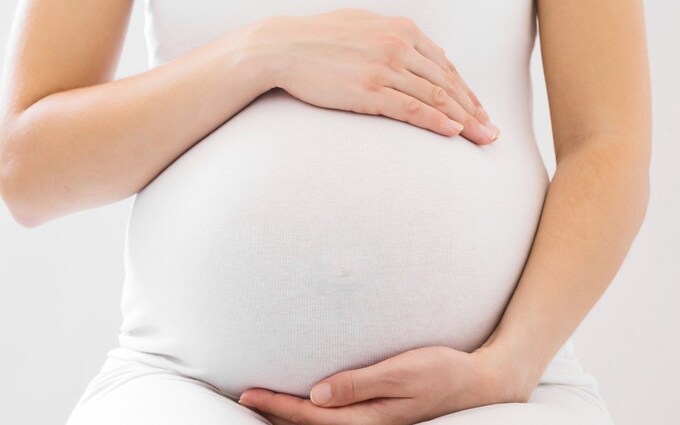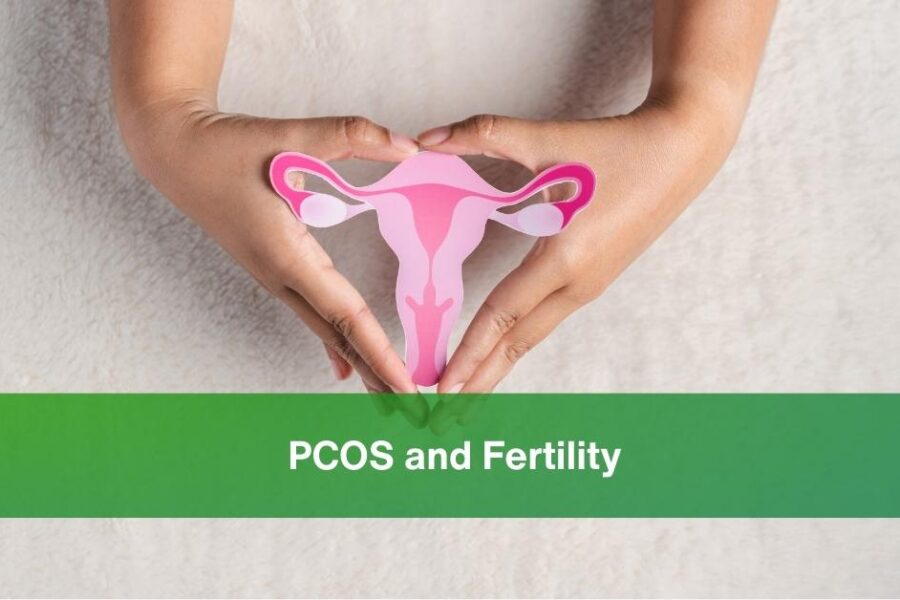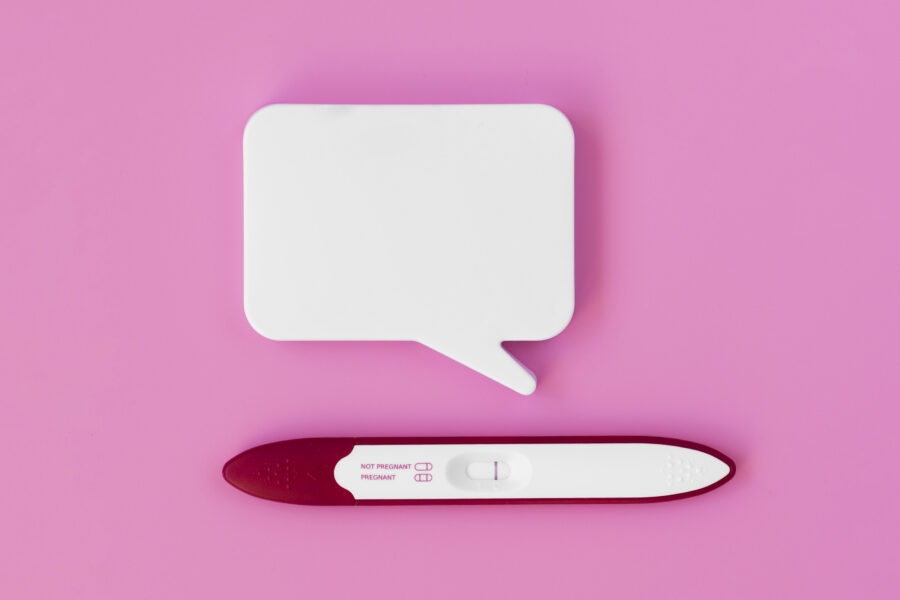Postpartum Bleeding in Pregnancy
Postpartum bleeding, also known as lochia, is a normal part of the postpartum period. It is the shedding of the uterine lining (endometrium) that thickened during pregnancy to nourish the baby. The bleeding usually starts after the baby is born and lasts for several weeks.
Types of Postpartum Bleeding
There are four main types of postpartum bleeding:
- Lochia rubra: This is the heaviest bleeding and is made up of blood and tissue from the uterus. It lasts for the first 3-10 days after delivery.
- Lochia serosa: This is lighter bleeding than lochia rubra and is made up of blood, mucus, and cervical fluid. It lasts for 10-21 days after delivery.
- Lochia alba: This is the lightest bleeding and is made up of white blood cells and mucus. It lasts for up to 6 weeks after delivery.
- Postpartum hemorrhage: This is excessive bleeding after delivery, which can be life-threatening. It is important to seek medical attention immediately if you experience postpartum hemorrhage.
Symptoms of Postpartum Hemorrhage
The symptoms of postpartum hemorrhage can include:
- Heavy bleeding that soaks through a pad in one hour
- Bright red bleeding that continues for more than 24 hours
- Large clots of blood
- Faintness or dizziness
- Rapid heart rate
- Shortness of breath
- Abdominal pain
Causes of Postpartum Hemorrhage
- Retained placenta: This is when the placenta does not fully detach from the uterine wall after delivery.
- Uterine atony: This is when the uterus does not contract firmly enough after delivery to control bleeding.
- Tears in the cervix or vagina
- Infection
Treatment of Postpartum Hemorrhage
The treatment of postpartum hemorrhage will depend on the cause of the bleeding. Treatment may include:
- Medications to help the uterus contract
- Manual removal of the placenta
- Blood transfusion
- Surgery to repair tears or control bleeding
Prevention of Postpartum Hemorrhage
There are a few things that can be done to help prevent postpartum hemorrhage:
- Massaging the uterus after delivery to help it contract
- Taking medications to help the uterus contract
- Avoiding straining or lifting heavy objects in the weeks after delivery





